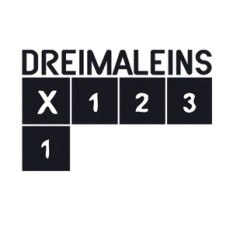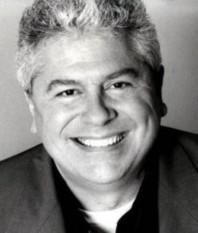A torch song is a sentimental love song, typically one in which the singer laments an unrequited or lost love, either where one party is oblivious to the existence of the other, where one party has moved on, or where a romantic affair has affected the relationship. The term comes from the saying, "to carry a torch for someone", or to keep aflame the light of an unrequited love. Tommy Lyman started the use in his praise of My Melancholy Baby.
Torch singing is more of a niche than a genre, and can stray from the traditional jazz-influenced style of singing, although the American tradition of the torch song typically relies upon the melodic structure of the blues.[
Some examples of torch songs are "Can't Help Lovin' Dat Man" (1927), "Lili Marlene" (1938), "One for My Baby" (1943), "The Man That Got Away" (1954), "Ne me quitte pas" and "Here's That Rainy Day" (1959), "By the Time I Get to Phoenix" (1965), "One Less Bell to Answer" (1970), "Losing My Mind" (1971), "And I Am Telling You" (1982), and "I Will Always Love You" (Whitney Houston cover) (1997). (Wikipedia) .







